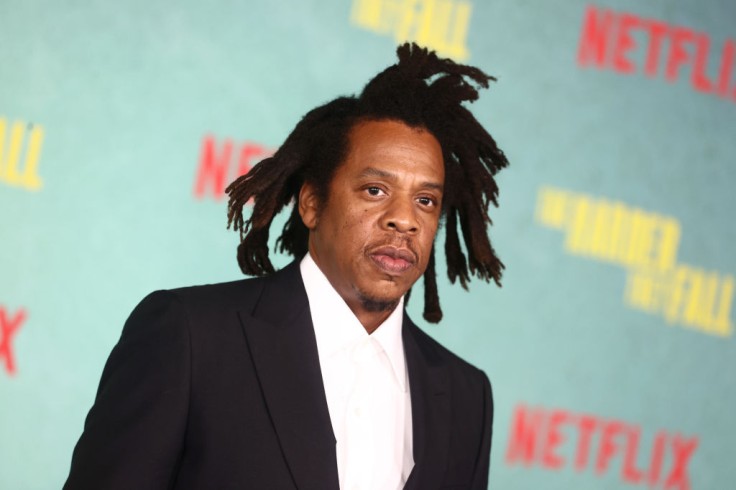
In favor of a proposed New York state bill that would limit prosecutors' authority to use defendants' rap lyrics as evidence of suspected crimes, celebrities such as Jay-Z, Meek Mill, Big Sean, and others have banded together.
A letter signed by the rap legends, according to Rolling Stone, is being circulated among state politicians, urging them to pass Senate Bill S7527.
Initially introduced in November and passed through the Senate Codes committee earlier this week, the bill is intended to be turned into a complete state law. Fat Joe, Kelly Rowland, and Killer Mike are among the celebrities who have signed on to the letter.
The Senate bill
The bill urged to be turned into a state law is Senate Bill S7527.
Brought forward by Democrat senators Brad Hoylman and Jamaal Bailey and assembly member Catalina Cruz, the bill aims to limit the admissibility of evidence of a defendant's creative or artistic expression against such defendant in a criminal proceeding.
With this bill passed, authorities cannot use an artists' music as evidence to prosecute them in a criminal proceeding.
If used, prosecutors must provide "clear and convincing evidence" that the expression in the art piece is "literal, rather than figurative or fictional".
Hoylman uses two instances to illustrate the discrepancy between rap lyrics being used as proof and other kinds of expression.
He claimed that no one believes Johnny Cash "shot a man in Reno just to watch him die," nor does anyone believe David Byrne is a "psycho killer."
READ ALSO : H.E.R Dominates 2022 NAACP Image Awards For Music Category; Check Out If Your Fave Artists Are Nominated
In support for the cause
Erik Nielson, a University of Richmond professor who co-authored the 2019 book Rap on Trial, studied "the alarming use of rap lyrics as criminal evidence to imprison and incarcerate young men of color,".
Nielson collaborated with Alex Spiro, Jay-Z's lawyer who penned the circulating letter that rappers have signed to urge the bill's passing.
Killer Mike (actual name Michael Render) and Nielson authored an essay for Vox in 2015.
Their piece asserted that rap lyrics were being used as "admissions of guilt" in court, citing the manslaughter conviction of hip-hop musician McKinley "Mac" Phipps as an example of this practice.
According to Rolling Stone, the late Drakeo the Ruler was one of the rappers who served time in prison after prosecutors used lyrics from his 2016 song 'Flex Freestyle' to convict him of a crime.
Darrell Caldwell, also known by his stage as Drakeo, served three years in jail after being charged with the 2016 murder of a man who was waiting outside a party in Carson, California.
© 2025 MusicTimes.com All rights reserved. Do not reproduce without permission.






